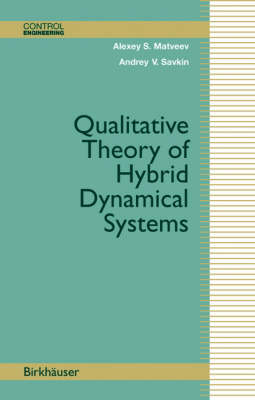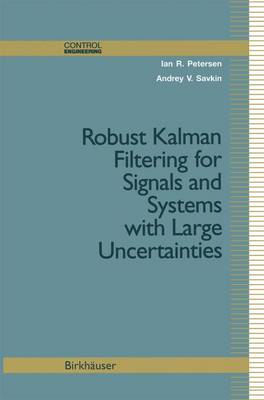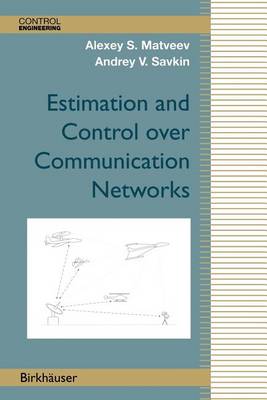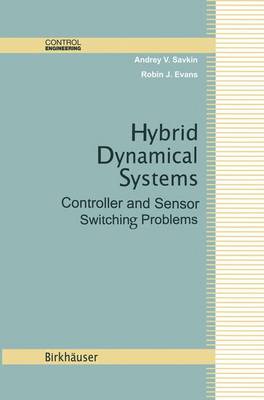Control Engineering
4 total works
Qualitative Theory of Hybrid Dynamical Systems
by Alexey S. Matveev and Andrey V. Savkin
The emerging area of hybrid dynamical systems lies at the interface of control theory and computer science, i.e., analogue 'and' digital aspects of systems. This new monograph presents state-of-the-art concepts, methods and tools for analyzing and describing hybrid dynamical systems.
Robust Kalman Filtering for Signals and Systems with Large Uncertainties
by Ian R. Petersen and Andrey V. Savkin
Estimation and Control Over Communication Networks
by Alexey S. Matveev and Andrey V. Savkin
This book presents a systematic theory of estimation and control over communication networks. It develops a theory that utilizes communications, control, information and dynamical systems theory motivated and applied to advanced networking scenarios. The book establishes theoretically rich and practically important connections among modern control theory, Shannon information theory, and entropy theory of dynamical systems originated in the work of Kolmogorov.
This self-contained monograph covers the latest achievements in the area. It contains many real-world applications and the presentation is accessible.



